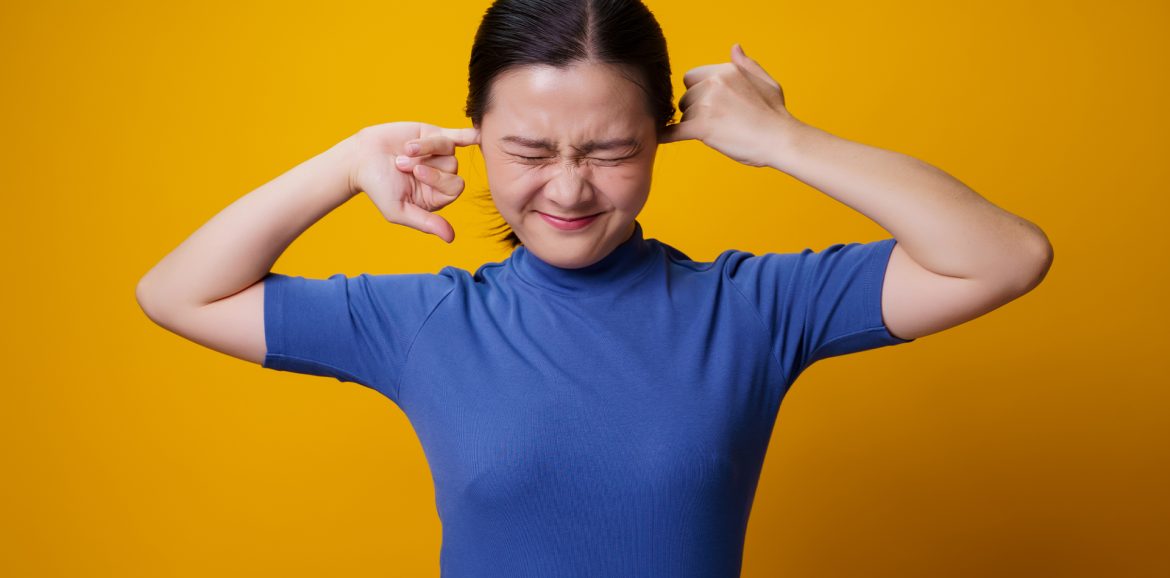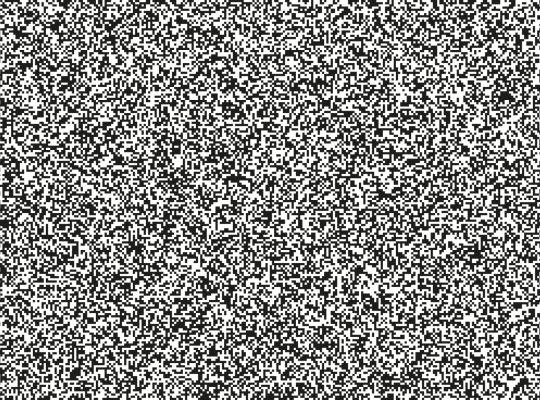Itchy ears can be a particularly irritating and sometimes even painful problem that many people experience. Whether it is a mild irritation or an intense urge to constantly scratch your ears, the cause of itchy ears can range from mild to severe. In this blog, we will dive deeper into the possible causes of itchy ears and offer practical tips to address the problem.
What Are Itchy Ears?
Itchy ears can cause a sensation of irritation, prickling or even burning in the ear canal or on the outer part of the ear. This can range from a mildly unpleasant sensation to a continuous, unbearable itch. Often the tendency to scratch is strong, but this can worsen the situation and even cause damage to the skin or the ear itself.
The Most Common Causes of Itchy Ears
There are numerous reasons why your ears may itch. The causes can range from something innocuous to underlying medical conditions. Below we discuss the most common causes.
1. Dry Skin
One of the most common causes of itching in the ears is dry skin. The ear canal normally produces earwax (cerumen) to keep the skin of the ear moist and protect it from bacteria and dirt. When insufficient earwax is produced, the skin in the ear canal can dry out, leading to itching and irritation.
Dry skin can be caused by:
- Excessive cleaning of the ears
- Frequent use of cotton swabs
- Age (skin gets drier as you age)
2. Earwax accumulation
On the other hand, excessive earwax accumulation can also lead to itching in the ears. When earwax accumulates in the ear canal, it can lead to blockage, which can cause itching and discomfort. Although earwax is a natural and necessary substance to protect the ears, too much of it can cause discomfort.
Using cotton swabs to remove earwax can make the problem worse, as the wax is pushed deeper into the ear canal.
3. Allergies
Allergic reactions can also be a cause of itchy ears. People with seasonal allergies, such as hay fever, may find that their ears itch as part of their allergic reaction. In addition, contact allergies caused by cosmetics, shampoo or earplugs, for example, can cause irritation and itching in and around the ears.
Some people also develop an allergy to nickel, a common metal in jewelry such as earrings, which can cause itchy ears.
4. Ear infections
Ear infections are another common cause of itchy ears, especially in children. An infection in the ear canal can be caused by bacteria or fungi, often as a result of water left in the ear after swimming (swimmer’s ear) or from the insertion of objects such as cotton swabs.
Symptoms of an ear infection include:
- Itch
- Pain in the ear
- Secretion from the ear
- Hearing loss
It is important to consult a doctor in case of an ear infection to prevent further complications.
5. Eczema and Psoriasis
Chronic skin conditions such as eczema and psoriasis can also be the cause of itchy ears. These conditions cause the skin to become red, dry and scaly, which can lead to itching and discomfort in the ears.
With eczema, the ears can be affected on both the inside and outside. Psoriasis, an autoimmune disease, can cause flaky skin patches to build up, which can also cause itching.
6. Use of Hearing Aids or Earplugs.
For people who regularly wear hearing aids or earplugs, these devices can be a source of irritation and itching. This may be due to:
- Poorly fitting hearing aids
- Accumulation of moisture or earwax
- Allergic reactions to the material of the hearing aid or earplugs
Proper fit and regular cleaning of hearing aids and earplugs can help prevent this problem.
How Can You Prevent Itchy Ears?
Although itchy ears are sometimes difficult to prevent, there are some simple steps you can take to minimize the chance of irritation and discomfort:
1. Avoid Excessive Cleaning
It is tempting to use cotton swabs to clean your ears, but this can make the situation worse by pushing wax deeper into the ear. Ears naturally clean themselves, and excessive cleaning can irritate and dry out the delicate skin of the ear canal.
2. Hydrate the Ear canal
If you find that your ears are often dry and itchy, it may help to keep the ear canal moisturized. Do not use oils or drops without a doctor’s advice, but there are special products available that are designed to moisturize the skin in the ear canal.
3. Check for Allergies
If you suspect you have allergies that cause itchy ears, try to identify what the culprit is. Avoid irritants such as certain shampoos, earrings with nickel, or products that put your ears in direct contact with allergens.
4. Keep Hearing Aids and Earplugs Clean.
Regular cleaning of hearing aids and earplugs is crucial to prevent bacteria and earwax from building up and irritating your ears. Make sure your hearing aids fit properly and do not put too much pressure on your ear canal.
5. Consult a Physician for Ear Infections
With signs of an ear infection, such as pain, discharge or hearing loss, it is important to consult a doctor. An untreated ear infection can lead to further complications and should be treated promptly.
Treatment Options for Itchy Ears
Treatment for itchy ears depends on the underlying cause. The following are some common treatments:
1. Ear drops
For dry ears or earwax build-up, a doctor may prescribe special ear drops that moisturize the skin or soften the earwax.
2. Medication for Allergies
Antihistamines or steroid creams can help treat allergies and skin irritations that cause itching.
3. Antibiotics
If itching in the ears is due to a bacterial infection, a doctor may prescribe antibiotics to treat the infection.
4. Fungicides
For fungal infections in the ear canal, fungicidal ear drops or creams may be prescribed to combat itching and infection.
Conclusion
Itchy ears can cause discomfort and frustration, but by identifying the causes and taking the right steps, you can find relief. Whether it is dry skin, earwax build-up, allergies or infections, there are several solutions available. Always consult a doctor if symptoms persist to avoid further complications.
Do you suffer from itchy ears? Try the tips above and find out which solutions work best for you!








